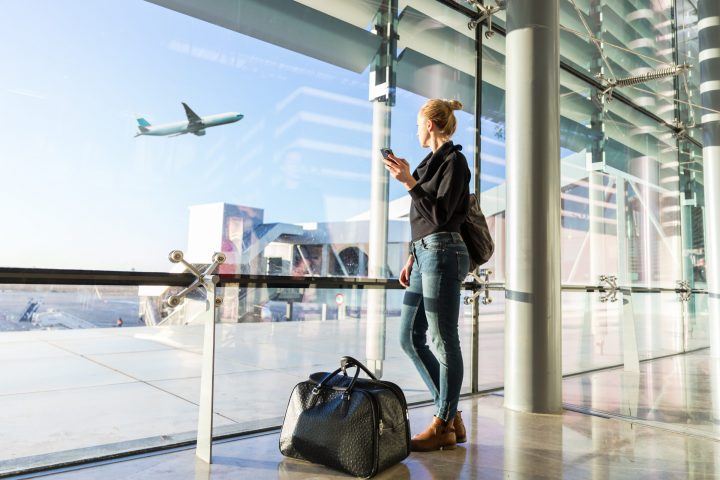
Forecast for Travel in a Post Covid-19 World
IATA and Tourism Economics have published a long-term view for post-Covid-19 passenger demand recovery which demonstrates that people remain eager to travel to places like the Maldives in the short and long-term.
The report predicts that in 2021, global passenger numbers are expected to recover to 52 per cent of pre-Covid-19 levels (2019). Furthermore, in 2022 global passenger numbers are expected to recover to 88 per cent of pre-Covid-19 levels. The forecast is that in 2023 global passenger numbers are expected to surpass pre-Covid-19 levels (105 per cent). By 2030, global passenger numbers are expected to have grown to 5.6 billion. That would be seven per cent below the pre-Covid-19 forecast and an estimated loss of two to three years’ growth due to Covid-19. Beyond 2030, air travel is expected to slow down due to weaker demographics and a baseline assumption of limited market liberalisation, giving average annual growth between 2019 and 2039 of 3.2 per cent. IATA’s pre-Covid19 growth forecast for this period was 3.8 per cent.
The recovery in passenger numbers is marginally greater than the revival in demand measured in revenue passenger kilometres (RPKs), which is expected to grow by an annual average of three per cent between 2019 and 2039. This is buoyed by China with large passenger numbers and shorter distances.
Aviation remains committed to cutting its net carbon emissions to half of 2005 levels by 2050. This has been evidenced by the decoupling of emissions and demand growth per passenger journey in half since 1990 through efficiency gains, yet governments also need to step up. In addition to efficiency and technology gains, CORSIA (the first global carbon offsetting scheme for an industrial sector) is stabilising emissions from international flights at 2019 levels. A low-carbon energy transition for aviation has begun with sustainable aviation fuels that are powering flight today. These will be updated by electric and hydrogen powered aircraft. Further, airports and air traffic management are working towards operating with maximum efficiency and minimum emissions.






